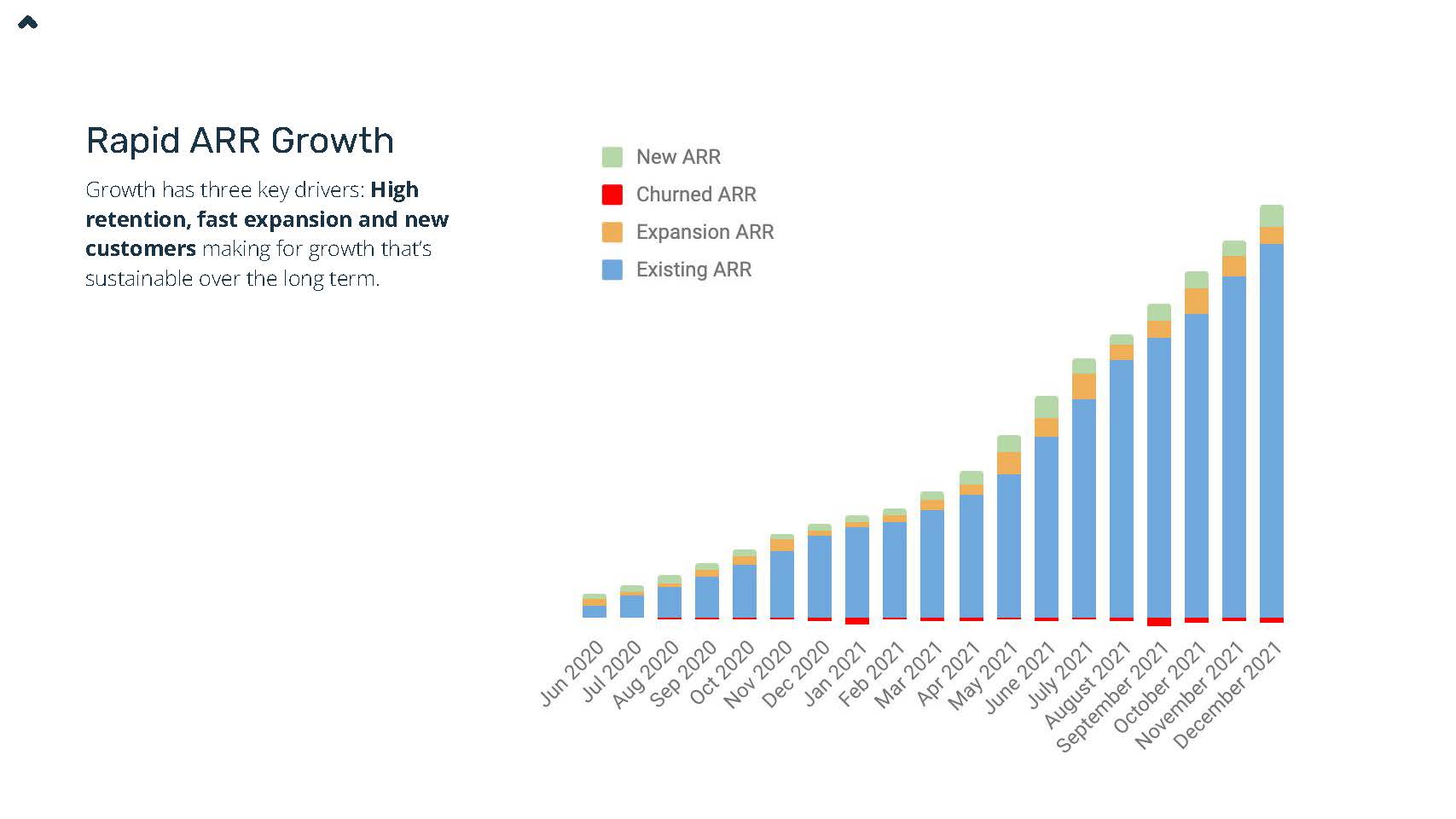
Ingo Rübe, founder of KILT Protocol, spoke to Invezz on the challenges and innovations in the realm of digital identity.
He served as CTO of Hubert Burda Media, where he initiated and headed the Drupal-based CMS Thunder.
In the interview, Rübe shares insights into KILT’s unique approach to decentralized identity solutions, the role of blockchain in transforming traditional industries, and how the Polkadot ecosystem is set to drive mass adoption.
Invezz: What’s the thought behind KILT Protocol and how does it stand out from other solutions in the blockchain market as of today?
I founded KILT in 2018 with the realization that while identity in the physical world operates efficiently and in a decentralized manner, digital identity is fundamentally flawed. To address this issue, we developed KILT intending to fix digital identity.
KILT protocol is a fully decentralized blockchain protocol for providing identity solutions and infrastructure for enterprises and governments.
Identity consists of a decentralized identifier (DID) and verifiable credentials (VCs). For this KILT uses the international standard for DIDs and VCs set by the W3C.
Major organizations, including Deloitte and the German Energy Agency (dena), leverage KILT’s infrastructure for their projects.
Invezz: A year ago KILT Protocol partnered with Deloitte for digital shipping logistics. Are there any new developments on that front?
Unfortunately, big projects take time especially when 5 large companies are involved. This also applies to our KYX project where Deloitte KYC credentials which are built on KILT are used. We will share more information when we are ready but we are making progress and put lots of time and effort into this project.
Invezz: Where do you see KYC verifications and DIDs used in the traditional industries?
Deloitte takes their traditional business of KYC / KYB attestations and offers a decentralized alternative “Built on KILT”. Increasingly, regulations require businesses or services to implement KYC or KYB (Know Your Customer / Business) processes.
Typically, the user has to go through a lengthy process for each registration and then receives a credential that is not transferable.
In addition to being inefficient, this process means that private and personal data is submitted and stored across multiple platforms and databases, putting consumer data privacy at risk.
Building on its trusted reputation, Deloitte has transformed this process by issuing reusable KYC and KYB credentials using KILT blockchain technology.
Once the user obtains their credential, they will be able to reuse it across multiple services, while retaining control over when and where to share their personal information.
However, KILT is of course not limited to KYC. Other examples are decentralized login – similar to the login with Facebook or Google button but in a decentralized way.
Another possibility is KILT providing decentralized machine identities registered on the KILT blockchain and showing how blockchain technology can be used inside a highly regulated environment.
Everything can have an identity and needs an identity, that’s the nice part about it.
Invezz: Can you elaborate on how Polkadot’s JAM upgrade will ease onboarding for developers and enterprises?
I’m excited about the future of blockchain, particularly within the Polkadot ecosystem and the new JAM project. KILT, as part of the Polkadot network, is set to benefit significantly from the upcoming changes.
I believe Polkadot will play a pivotal role in driving blockchain mass adoption across enterprises, governments, and consumers alike.
This growth will positively impact all projects and services within the Polkadot ecosystem, including KILT. We eagerly anticipate being part of this new phase of widespread adoption.
Invezz: Can you share any insights or plans on how KILT Protocol is working to collaborate with enterprises and governments?
KILT will continue to work with big enterprises and governments in the future. These projects are long-term projects and nothing that we can announce in a week, unfortunately. We are working actively to get more adoption for KILT and the whole Polkadot ecosystem.
The post Polkadot will play a key role in blockchain mass adoption, says KILT Protocol founder Ingo Rübe appeared first on Invezz















 English (US) ·
English (US) ·